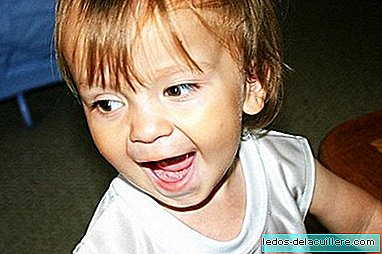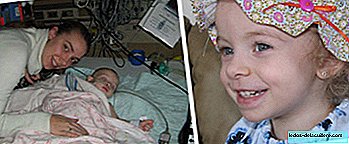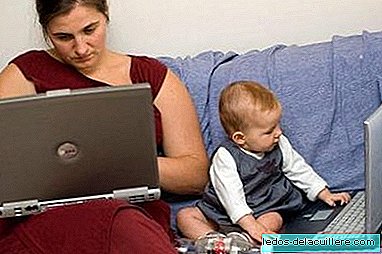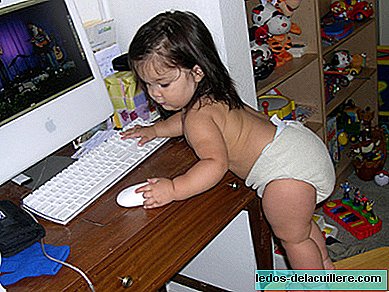
One of the things that most concern parents is the time when their children begin (or not) to speak. It is usual to ask the doctor if it is normal for x months to just say “dad, mom and little else” and it is usual to compare your child with other children his age to see if others talk more.
Like all children, each one matures at a specific time, and in the same way that there are children who with 15 months already say up to verbs there are children who reach two years saying only a few words.
Each case must be evaluated individually, of course, because there may always be a child with a problem to solve, but a recently published study shows that most children who speak late then match each other and that the behavior problems that appear without speaking are dissipated later.
Behavior problems?
The American Academy of Pediatrics (AAP) defines the lack of ability to speak as lack of expressive language and the inability to understand speech and gestures would be the lack of receptive language.
When a child understands others, language, gestures and many things around him, but nevertheless he is not able to express himself because he has a delay in speech, behavior problems usually occur, the result of frustration of not being able to do understand. One of the doubts that we wanted to reveal with the study was whether these problems continued to occur over time, even when they already talked like the rest.
Results of the study
The study has been carried out at the Telethon Institute for Child Health Research at the University of Western Australia in Subiaco and will be published in the August issue of Pediatrics.
For the study, a sample of more than 1,600 children was taken, whose parents had to respond to the Language Development Survey. With her they could realize that 142 of the children began to speak late (18% of the children).
From that moment they followed the children in the next 17 years, making assessments related to language and behavior every 2-3 years or so.
It was found that at two years, those children who had more difficulty expressing themselves had more emotional and behavioral problems. The investigators commented on the matter that they suspected that it was due to this difficulty in making themselves understood.
When these children were able to talk like everyone else, when they started communicating without problems, behavioral problems subsided to match the bulk of children who spoke before.
The study authors said the following about it:
Having a child who does not speak as much as others can be very disturbing to parents. Our findings suggest that you should not worry too much that a two-year speech delay results in lasting linguistic and psychological difficulties for the child.
Despite the study, the authors believe that parents should not be unconcerned if they observe delays in their children's speech, as there could also be a disorder in receptive language or other associated deficits that may require personalized attention.












